Too often, the people who live closest to nature suffer the most when natural systems are undermined. Pressures from unsustainable approaches to mining, oil exploration, agriculture, fishing, and forestry are eating away at wild landscapes including Indigenous peoples’ ancestral and sacred lands. Overfishing leaves coastal communities struggling to support their families. Climate change, water shortages, and soil erosion mean smallholders’ crops fail.
Even—or especially—in the face of such challenges, the individuals, families, and communities who live in the places are the conservation leaders we want to support. Conservation cannot be successful without them. At WWF, we prioritize deep community support, engagement, and inclusion. For us, securing nature and nature’s benefits for people are equal and interdependent goals.
Our work takes us to some of the most difficult places on Earth, where communities often face debilitating levels of violence, economic barriers, and weak applications of the rule of law. The natural resources they depend upon may be pillaged by opportunistic outsiders and conservation can be a pathway to sound development and stability. We are working harder than ever for the well-being of the most vulnerable communities we serve.
Only when people’s basic needs are met can they effectively steward nature. In many communities around the world, WWF is a key partner in supporting the health, rights, and livelihoods of the people who live there.
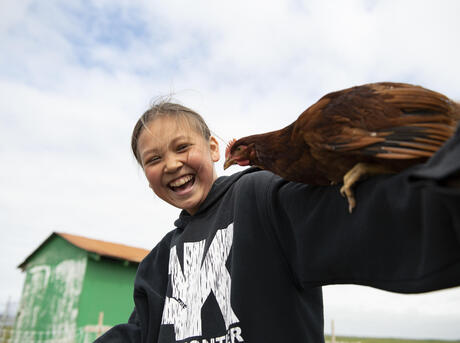
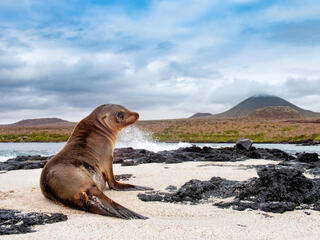
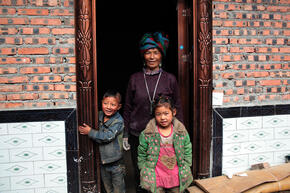
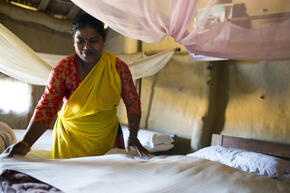
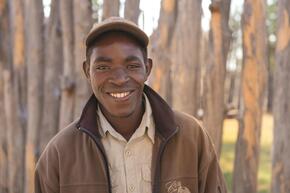
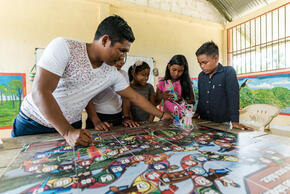
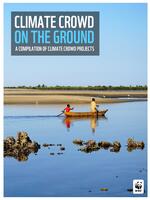
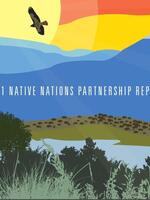


 Brent Loken
Global Food Lead Scientist, Global Science
Brent Loken
Global Food Lead Scientist, Global Science
 Gina Barbieri
Ombudsperson, WWF Global Conservation Network
Gina Barbieri
Ombudsperson, WWF Global Conservation Network
 Nathalie Simoneau
Director, Gender and Social Inclusion
Nathalie Simoneau
Director, Gender and Social Inclusion